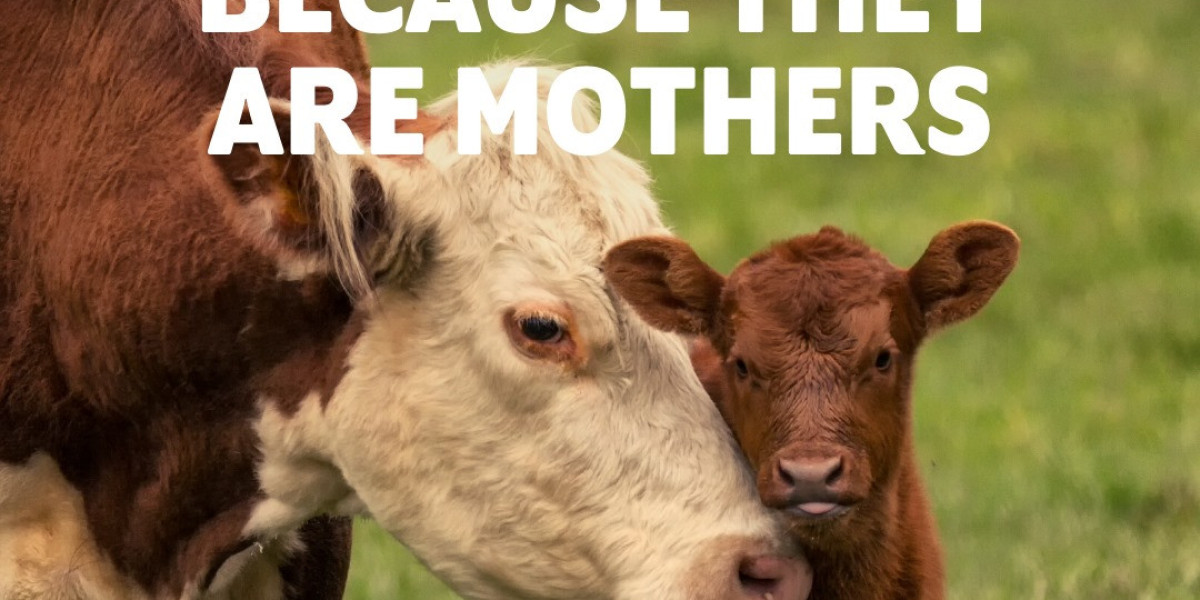Marine bycatch suffering is a significant concern within global fisheries, highlighting the unintended capture of non-target species during commercial fishing operations. This term encapsulates the ethical and environmental challenges associated with the incidental capture of marine wildlife, often leading to injuries, stress, and mortality among species not intended for harvest.
The issue of marine bycatch sufferingarises primarily from fishing practices that use non-selective gear or methods, such as trawling nets and longlines, designed to catch specific target species. Despite efforts to minimize bycatch through regulations and technological innovations, unintended species such as dolphins, sea turtles, seabirds, and sharks continue to be caught in fishing gear.
The consequences of marine bycatch sufferingextend beyond individual animals to impact marine ecosystems and biodiversity. Bycatch can disrupt food webs, affect population dynamics of non-target species, and contribute to species declines and ecosystem imbalances. The loss of marine wildlife due to bycatch also poses challenges for conservation efforts aimed at protecting vulnerable species and maintaining healthy marine environments.
Efforts to mitigate marine bycatch sufferinginclude the development and implementation of bycatch reduction technologies and practices. Innovations such as turtle excluder devices (TEDs) in shrimp trawls and circle hooks in longline fisheries aim to allow non-target species to escape from fishing gear unharmed. Additionally, time-area closures and seasonal fishing bans in critical habitats help protect marine wildlife during sensitive periods, such as breeding or migration.
The socio-economic impacts of marine bycatch sufferingare also significant, particularly for coastal communities and fishing industries reliant on marine resources. Bycatch can lead to economic losses, regulatory restrictions on fishing activities, and conflicts between conservation goals and livelihoods dependent on fisheries. Balancing conservation objectives with sustainable fishing practices is essential in achieving long-term viability for both marine ecosystems and fishing communities.
Consumer awareness and advocacy play crucial roles in addressing marine bycatch suffering. By making informed seafood choices and supporting sustainable fishing practices, consumers can influence market demand and encourage fisheries to adopt responsible bycatch mitigation strategies. Certifications such as Marine Stewardship Council (MSC) and Dolphin Safe labels provide assurance that seafood products come from fisheries committed to minimizing bycatch and promoting environmental sustainability.
In conclusion, marine bycatch suffering underscores the complex challenges facing global fisheries in balancing seafood production with conservation and animal welfare considerations. By promoting science-based management approaches, supporting bycatch reduction technologies, and advocating for policies that prioritize ecosystem health and sustainable fishing practices, we can work towards minimizing the impacts of bycatch on marine wildlife and fostering a more sustainable future for our oceans.








